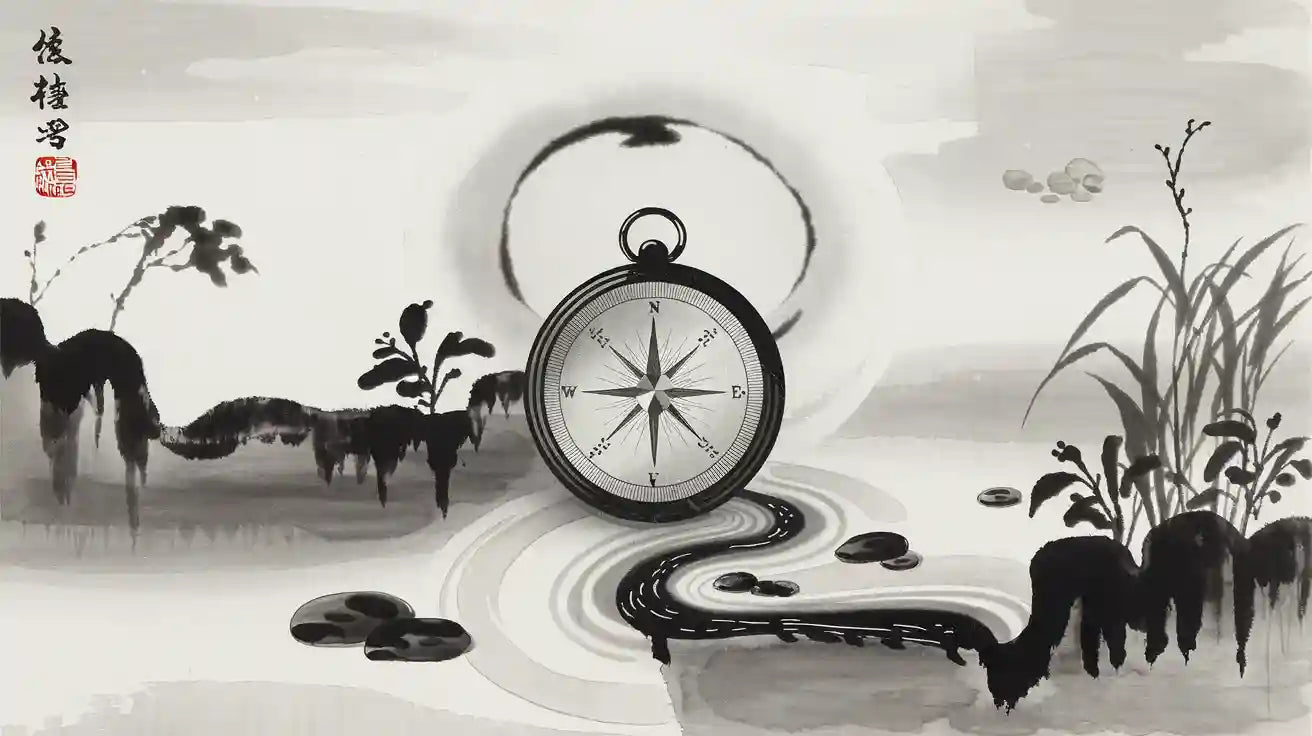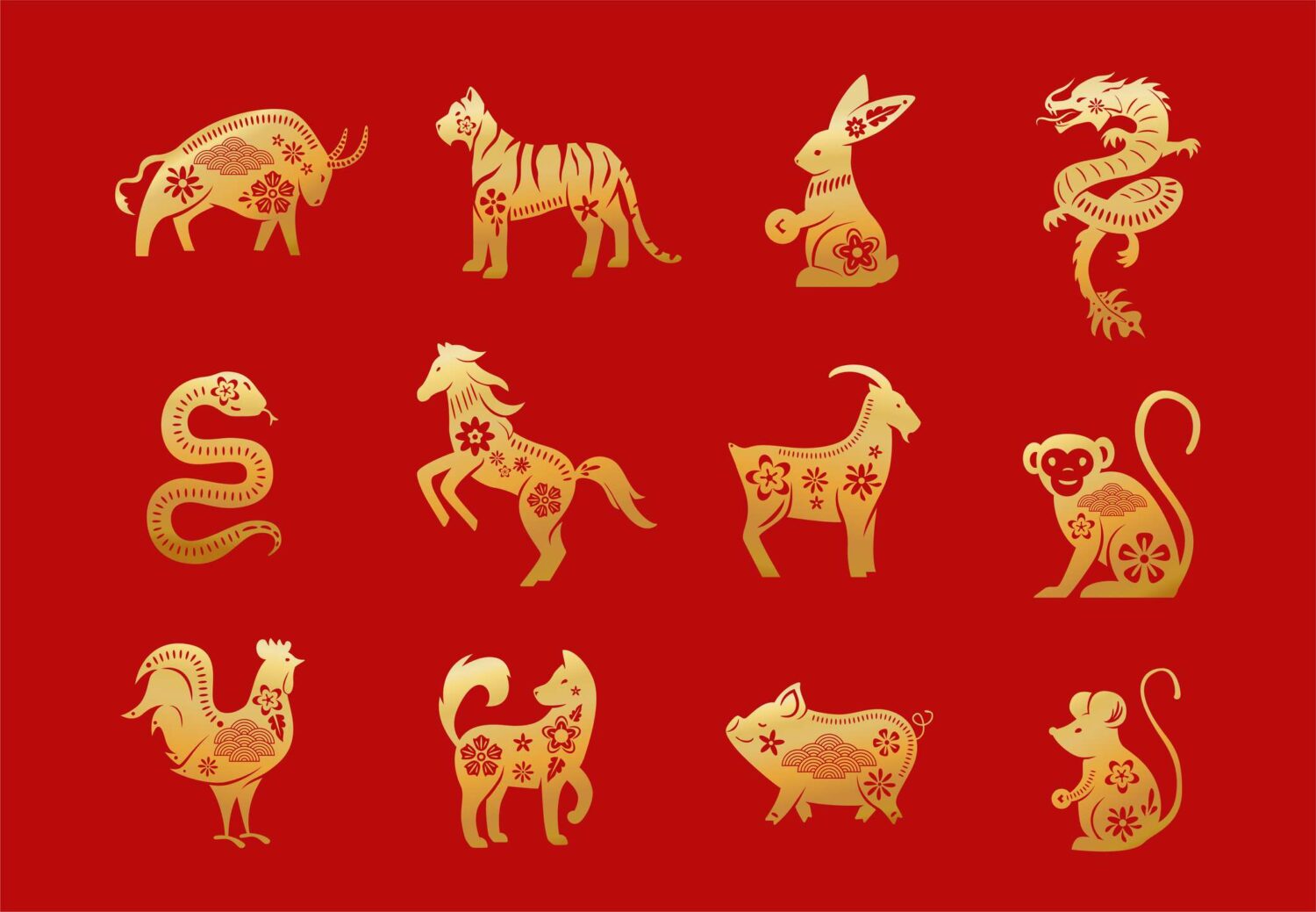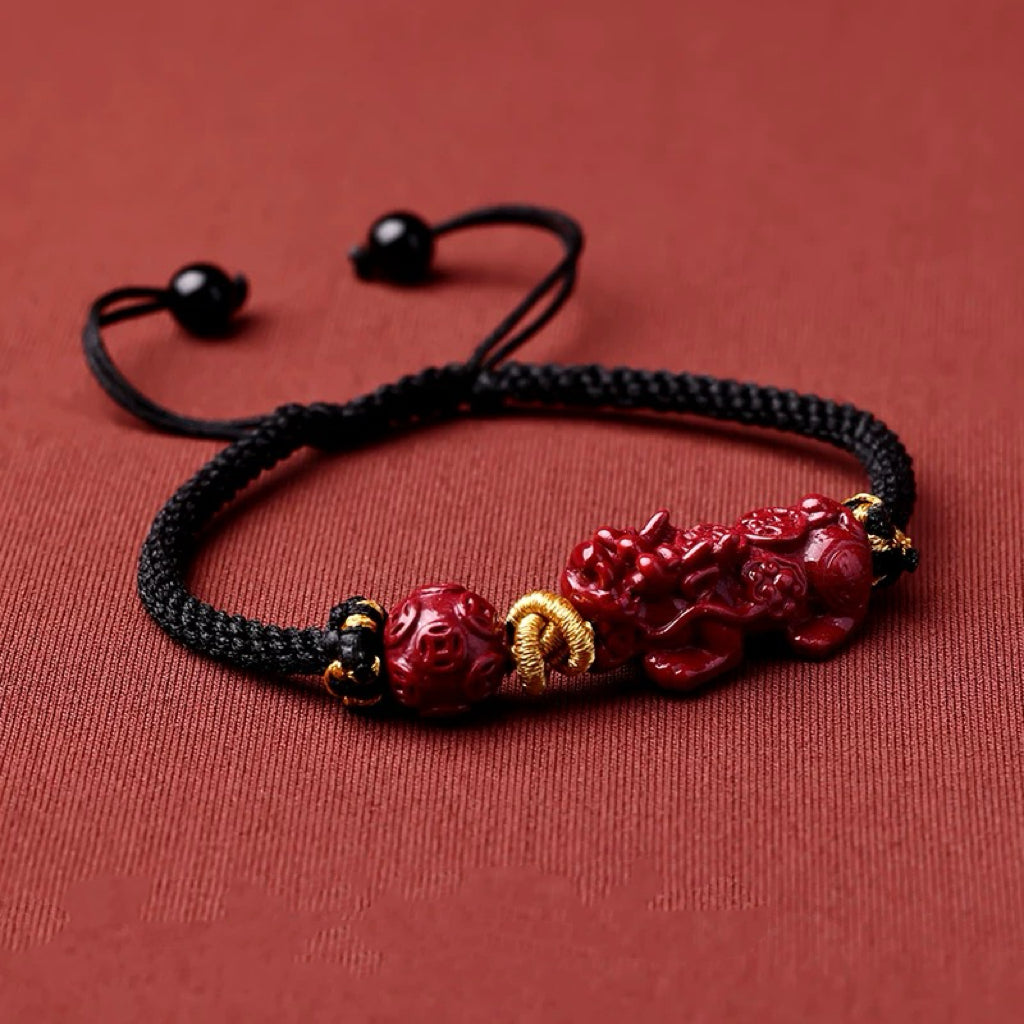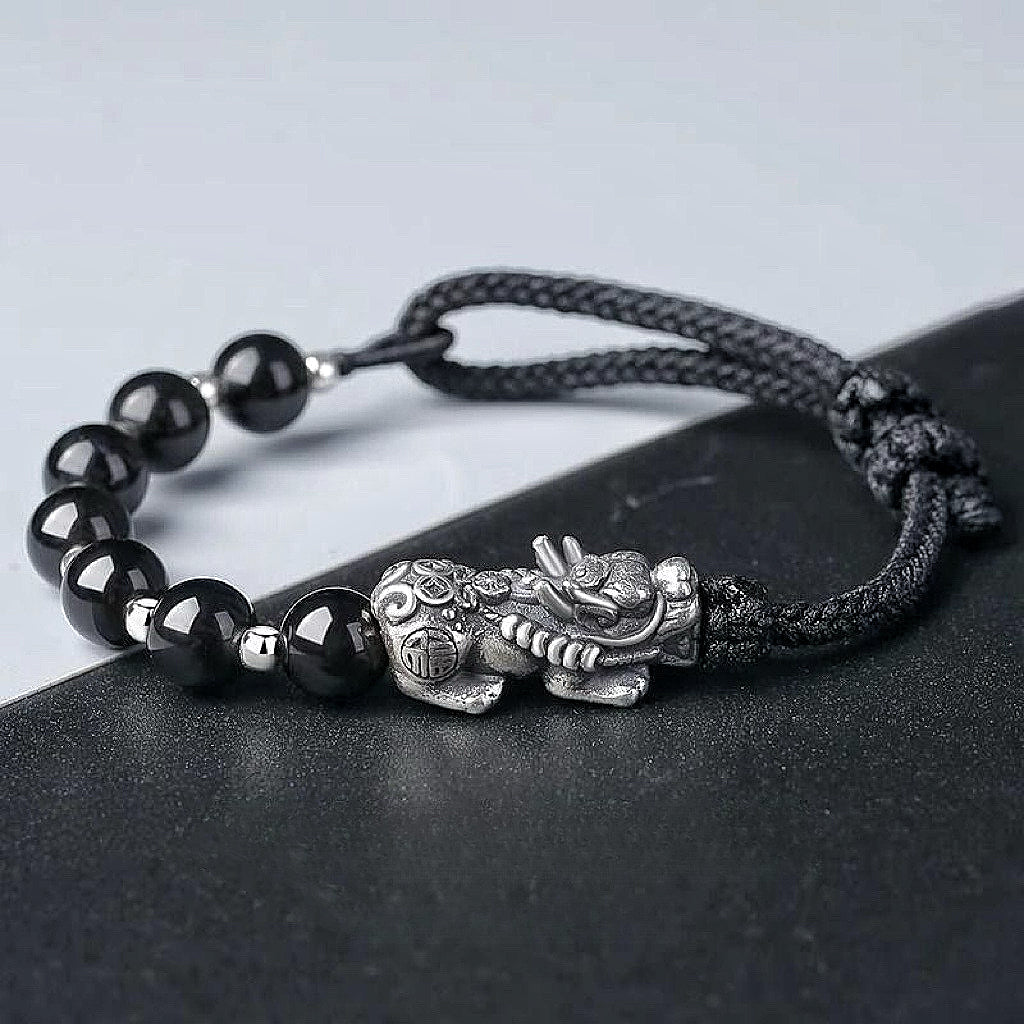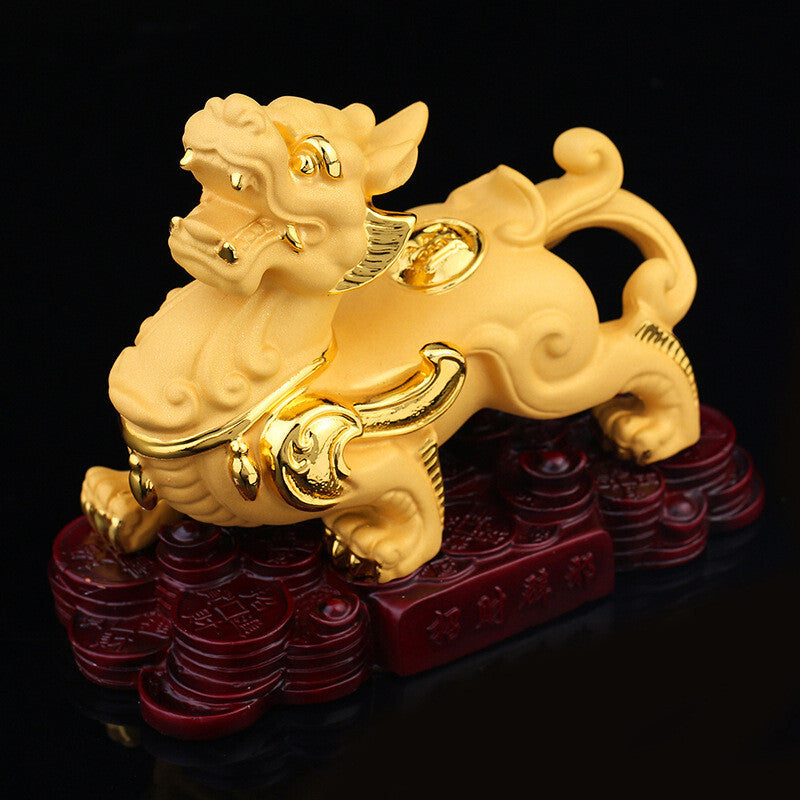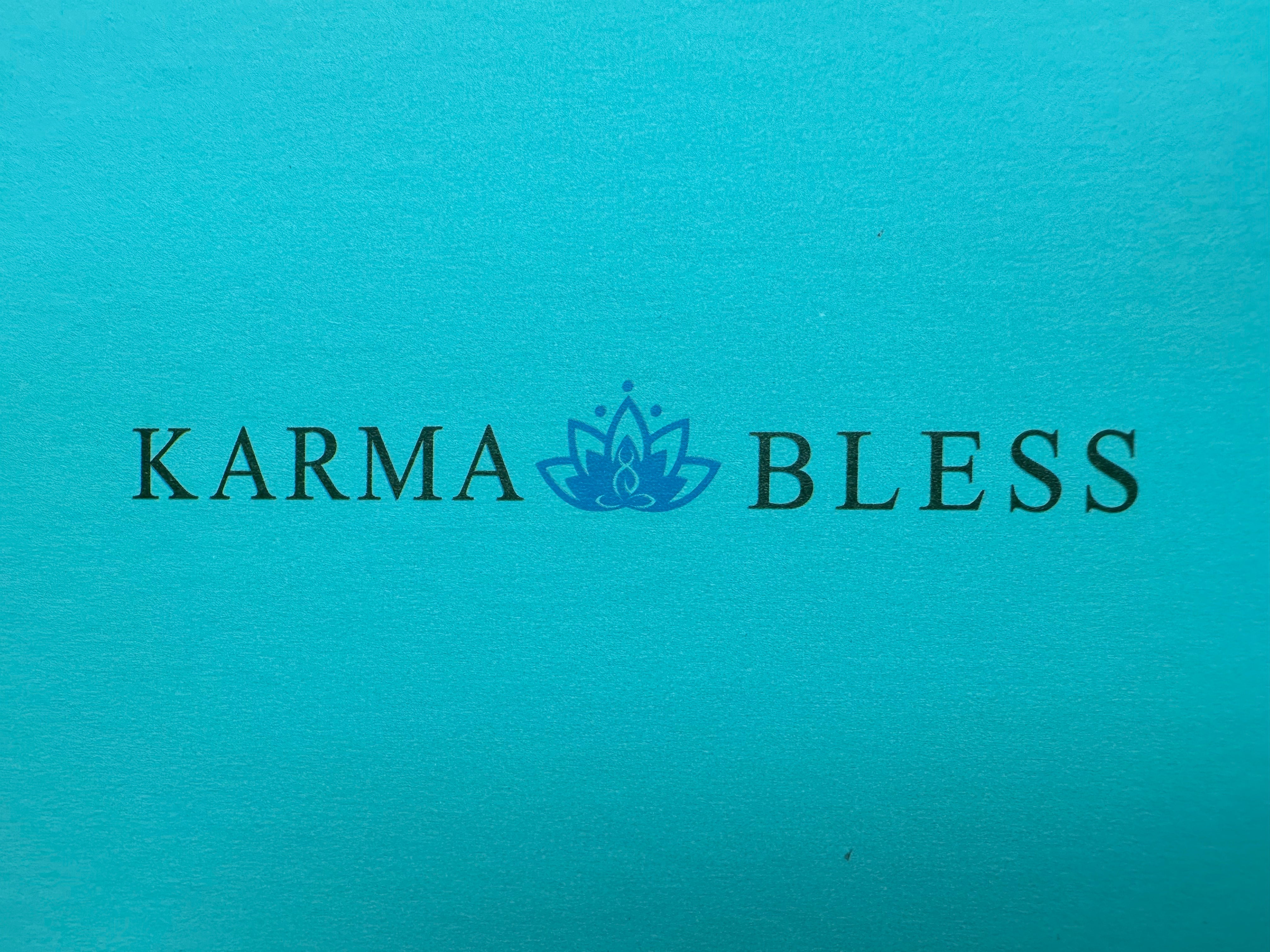Is feng shui evil? Most people find that it is not. You might notice mixed opinions, especially when it comes to religion or superstition. Some see feng shui as a harmless way to boost harmony and well-being, while others worry about its spiritual side. Just look at how people feel about it:
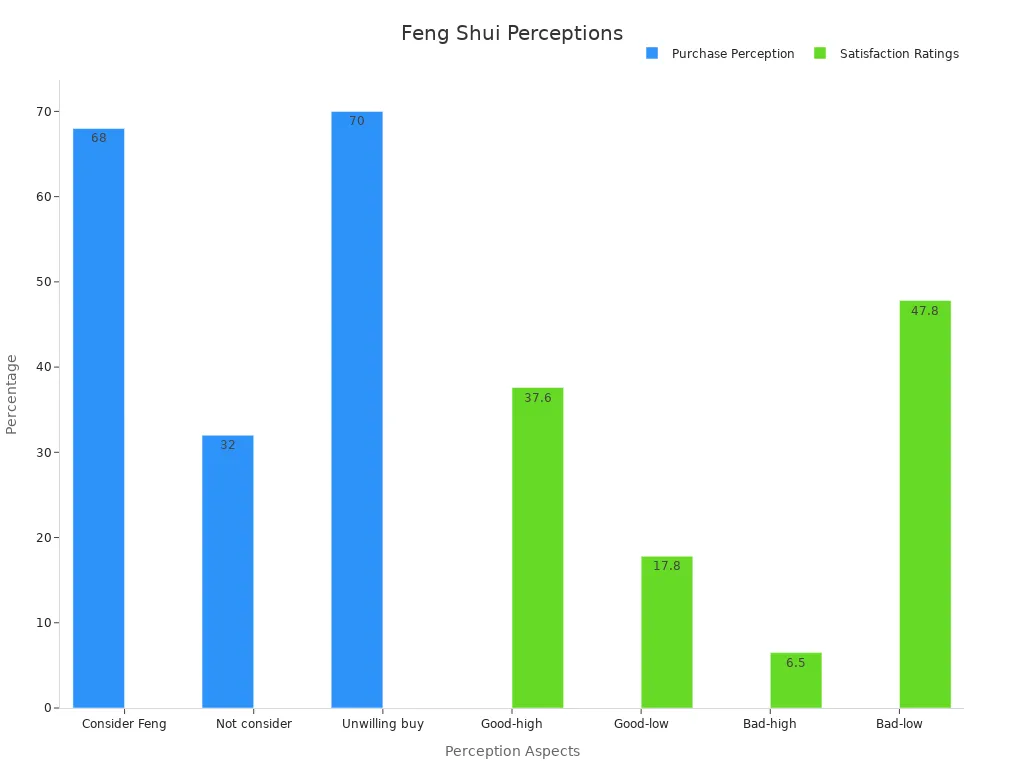
Many use fung shui for balance, not because they think it’s evil. Studies show feng shui often brings positive energy and peace, not harm.
Key Takeaways
-
Feng shui is not evil but a practice to create harmony and positive energy in your space.
-
Many fears about feng shui come from misunderstandings or religious concerns, but it is not a religion or magic.
-
You can use feng shui in ways that respect your beliefs by focusing on simple changes like decluttering and adding natural light.
-
Feng shui helps improve well-being by making your home peaceful, which can boost mood, sleep, and relationships.
-
KarmaBless feng shui bracelets offer a personal way to carry positive energy using natural materials and thoughtful designs.
Is Feng Shui Evil?
Common Misconceptions
You might wonder, is feng shui evil? This question pops up a lot, especially if you hear stories or see headlines about strange rituals or haunted houses. Many people think feng shui is about magic or calling on spirits. Some even believe it’s a form of sorcery. These ideas often come from misunderstandings or from seeing feng shui used in ways that seem mysterious or superstitious.

If you look at history, you’ll see that feng shui has been around for thousands of years. It started as a way to arrange homes and buildings to create harmony with nature. In China, feng shui became part of daily life, shaping how people built cities and decorated their homes. Over time, some critics began to call it superstition. For example, after 1949, the Chinese government labeled feng shui a “social evil” and tried to ban it. They saw it as an old belief that didn’t fit with modern science.
Today, some people still see feng shui as a scam or cult. There have been cases where so-called masters convinced people to spend huge amounts of money on rituals or objects. These stories make some folks think feng shui is evil or dangerous. But for most people, feng shui is just a way to make their space feel better.
Religious Concerns
You may also hear worries about feng shui and religion. Some religious groups, especially Christians, feel uneasy about feng shui. They worry it might go against their beliefs or involve worshiping other spirits. Missionaries in the past called feng shui “absurd superstition” and warned people to stay away from it. Even today, some churches say feng shui is not compatible with their faith.
Why do these concerns exist? Feng shui talks about the flow of qi, or energy, in your environment. It uses symbols and objects to help balance this energy. Some people think this means you’re inviting other spiritual forces into your life. Others see it as just a way to arrange furniture or pick colors that make you feel good.
It’s important to know that feng shui is not a religion. It doesn’t ask you to pray to any gods or spirits. Instead, it comes from Taoist ideas about chi, which is the natural energy that flows through everything. You can use feng shui without changing your beliefs or joining a new religion.
Ethical Views
When you ask, is feng shui evil, you might also think about right and wrong. Some people worry that using feng shui could lead to bad choices or even harm. Critics say that feng shui advice can be inconsistent. One expert might tell you to put your bed in one spot, while another says the opposite. This can make feng shui seem unreliable or even dishonest.
Scientists often call feng shui a superstition because its claims can’t be tested in a lab. They point out that tools like compasses don’t always work the same way, and advice can change from one person to another. Still, many people find that feng shui helps them feel calmer and more focused.
You get to decide what feels right for you. If you use feng shui to create a peaceful home, you’re not doing anything evil. You’re simply choosing a practice that helps you feel better in your space.
Feng Shui and Christianity
Spiritual Conflicts
You might wonder if feng shui fits with your Christian beliefs. Many Christians feel uneasy about feng shui because it talks about energy, symbols, and sometimes rituals that seem spiritual. Some church leaders warn that feng shui connects to New Age ideas or even satanic practices. They point out that feng shui sometimes uses divination or geomancy, which means trying to predict the future or control your luck by arranging objects. The Bible warns against these actions, saying you should not rely on anything except God.
Some Christians worry about idolatry. They see things like building altars, using statues, or placing special objects as a way of honoring other gods or spirits. In religious studies, you’ll find that critics say feng shui can involve consulting mediums or manipulating natural elements through magical means. These practices go against biblical teachings that forbid idolatry and superstition. For many, anything that seems to invite spiritual forces outside of God feels wrong.
Note: If you feel uncomfortable with any practice that seems to cross into spiritual territory, it’s okay to step back and reflect.
Respectful Practice
You can still enjoy the benefits of feng shui without going against your faith. Many people use feng shui as a way to create a peaceful, organized home. You might focus on simple things like letting in more sunlight, keeping your space tidy, or choosing calming colors. These steps help you feel relaxed and focused, and they don’t involve any spiritual rituals.
If you want to try feng shui, set clear boundaries. Avoid practices that feel like superstition or that ask you to honor other spirits. Instead, treat feng shui as a tool for well-being, not as a spiritual path. You can pray for guidance and ask God to bless your home. This way, you respect your beliefs while enjoying a more balanced space.
Tip: Always listen to your conscience and talk with your faith community if you have questions. Your comfort and beliefs matter most.
Feng Shui Ghosts and Supernatural Fears
Feng Shui Ghost Scenario
Have you ever heard a feng shui ghost scenario from a friend or online? Maybe someone told you about a house where things kept going wrong—bad luck, strange noises, or even shadows moving at night. People sometimes blame these events on feng shui ghosts. You might picture a feng shui ghost scenario where a mirror faces the bed, and suddenly, you feel uneasy or have nightmares. Some believe that certain furniture arrangements or objects can invite unwanted spirits. In another feng shui ghost scenario, someone moves into a new home and starts to feel a heavy presence. They call a feng shui expert, who suggests changes to the layout or adds symbols for protection. These stories make feng shui ghosts sound mysterious and even scary.
You may wonder if feng shui for protection against evil really works. Many people use feng shui for protection against evil spirits, hoping to keep their homes safe. In a typical feng shui ghost scenario, you might hear about cleansing rituals or placing special objects to drive away negative energy. Some believe these feng shui ghosts remedies can help restore peace and balance.
Paranormal Beliefs
Why do so many people connect ghosts in feng shui with the supernatural? The answer often comes from cultural stories and movies. Feng shui ghosts appear in tales about haunted houses or unlucky spaces. You might hear about a feng shui ghost scenario where someone uses a lucky charm or a red string bracelet for protection. These beliefs can make feng shui seem like a way to control spirits or avoid bad luck.
Let’s clear things up. Traditional feng shui focuses on harmony, balance, and the flow of energy (qi) in your space. Scholars point out that feng shui’s main ideas come from philosophy and design, not magic. While some practices use symbols or rituals, feng shui is not the same as occult rituals. Researchers say feng shui’s roots are in Chinese culture and ecology, not just in chasing away ghosts. The idea of feng shui ghosts often comes from mixing old stories with modern fears.
You can use feng shui for protection and cleansing without worrying about attracting spirits. Most people use feng shui to create a peaceful home, not to invite or fight ghosts. If you ever feel uneasy, remember that feng shui is about making your space feel safe and comfortable.
Positive Energy and Fung Shui Benefits
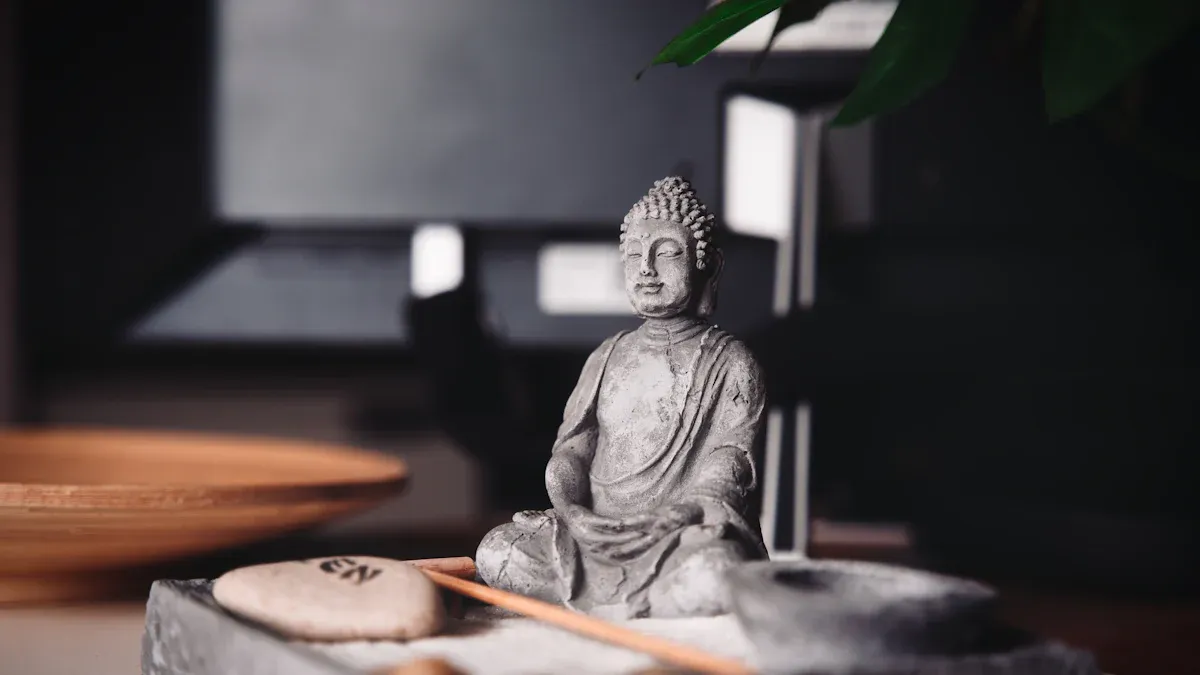
Fung Shui for Well-Being
You might wonder how fung shui can help you feel better every day. Fung shui is all about creating spaces that support your happiness, health, and peace of mind. When you use fung shui, you focus on the flow of energy, or chi, in your home. This energy can affect your mood, your sleep, and even your relationships.
Many people find that simple changes make a big difference. You can start by clearing out clutter. A tidy room lets energy move freely and helps you feel less stressed. Adding plants or flowers brings life and freshness into your space. You might notice that you breathe easier and feel more relaxed.
Tip: Open your windows often. Fresh air and sunlight boost positive energy and lift your spirits.
Fung shui also encourages you to use colors and shapes that match your goals. For example, soft blues and greens can calm your mind, while bright reds and oranges can give you energy. You get to choose what feels right for you.
Some people use fung shui for protection against evil. They place special objects, like mirrors or red string bracelets, near doors or windows. These items remind you to keep your space safe and positive. You do not need to believe in magic to enjoy these benefits. Fung shui works best when you use it as a tool for well-being.
Feng Shui in Daily Life
You can bring fung shui into your daily routine without much effort. Many people start with small steps and see big results. Here are some real-life examples:
-
A family removed extra furniture from their living room. The space felt bigger and more peaceful. They spent more time together and argued less.
-
Someone added a few plants and a mirror to a dark bedroom. The room felt brighter and more welcoming. Sleep improved, and mornings felt easier.
-
A busy parent cleaned out the kitchen and organized the cabinets. Cooking became less stressful, and family meals felt more joyful.
You can try these ideas at home:
-
Declutter one area each week. Less mess means more calm.
-
Use aromatherapy, like lavender or citrus, to freshen the air and clear your mind.
-
Place your bed so you can see the door. This simple change can help you feel safer and sleep better.
Many people say that using feng shui helps them feel happier and healthier. They notice better focus, stronger relationships, and more energy. Regular cleansing, like dusting and opening windows, keeps the good energy flowing.
Fung shui is not just about moving furniture. It is about making choices that support your well-being. You can use fung shui to create a home that feels safe, balanced, and full of positive energy. When you pay attention to your space, you take care of yourself and the people you love.
KarmaBless Feng Shui Bracelets
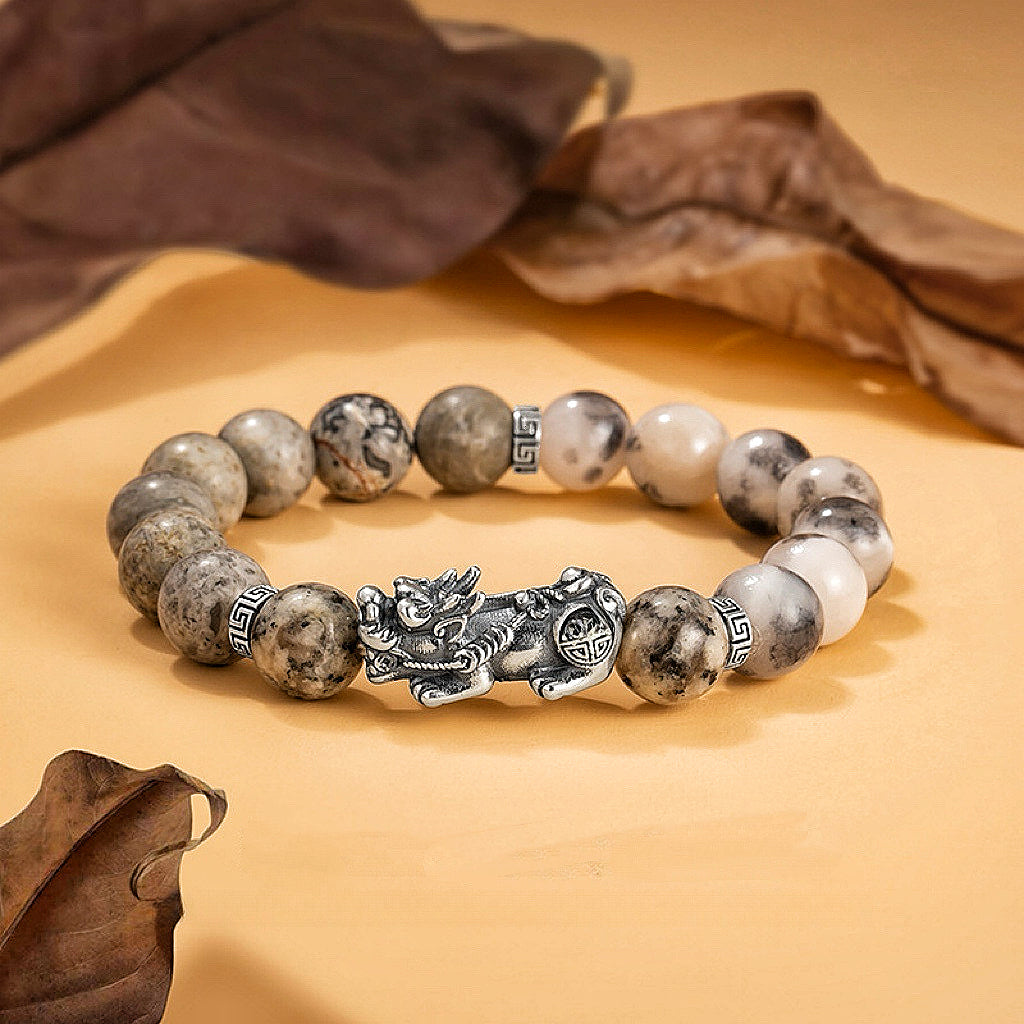
Wearable Positive Energy
Have you ever wanted to carry positive energy with you all day? KarmaBless makes this possible with their unique feng shui-inspired jewelry. You can find bracelets that do more than just look good. Each piece uses natural materials and follows feng shui principles to help you feel balanced and protected.
KarmaBless offers a wide range of bracelets. You might like their crystal and gemstone bracelets if you want to boost your energy or attract good luck. The red string bracelets are popular for those who want extra protection and a reminder to stay positive. Every bracelet connects to the five elements of feng shui: Wood, Fire, Earth, Metal, and Water. This connection helps you bring harmony into your daily life.
You do not have to guess which bracelet fits you best. KarmaBless gives you a free Bazi reading. This reading helps you understand your personal energy and guides you to the right feng shui accessory. You get a bracelet that matches your needs and supports your journey toward well-being.
Here are some features you might enjoy:
-
Natural, organic materials for comfort and style
-
Designs that focus on balance, luck, and protection
-
Options like the Cinnabar Four-Leaf Clover Red String Bracelet or the Lotus Moon Mala Cliff Cypress Bracelet
Note: KarmaBless bracelets are made for your well-being. You do not need to worry about any occult or supernatural purpose. You simply wear them to invite positive energy and harmony into your life.
If you want to use feng shui in a simple, personal way, these bracelets make it easy. You can wear your intention for balance, protection, and happiness every day.
You now see that feng shui is not evil. When you practice it mindfully, you open the door to positive energy and harmony. Many people use feng shui to create peaceful spaces and boost well-being. Even workplaces have seen real benefits:
|
Metric |
Result/Change |
Time Frame |
Description |
|---|---|---|---|
|
Productivity Increase |
6 months |
After feng shui changes in a tech company office. |
|
|
Employee Turnover Reduction |
15% decrease |
6 months |
Fewer employees left after feng shui was introduced. |
|
Employee Satisfaction |
85% positive |
6 months |
Most employees felt happier at work. |
|
Health-Related Cost Reduction |
28% decrease |
3 years |
Health costs dropped with feng shui-inspired wellness programs. |
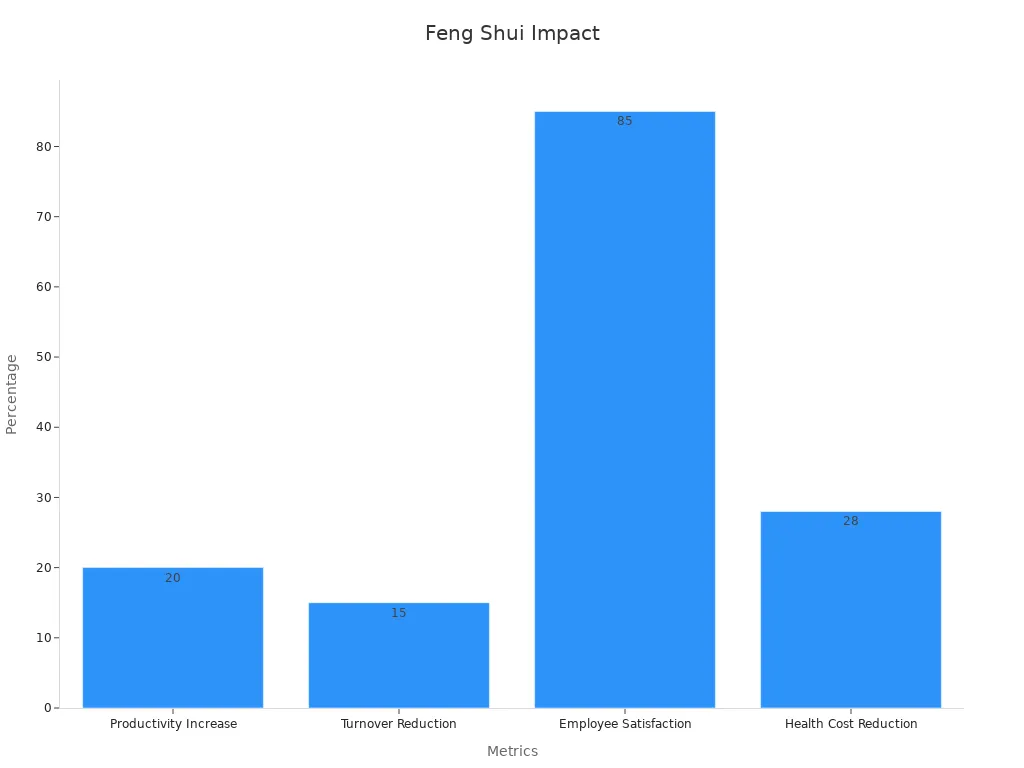
You might still have questions about religion or ghosts. That’s normal. Just remember:
-
Feng shui is about balance, not worship.
-
You control how you use it in your life.
-
Focus on what brings you peace and comfort.
Choose what feels right for you. Let your beliefs guide your journey toward a more harmonious space.
FAQ
Is feng shui a religion?
No, feng shui is not a religion. You do not have to follow any spiritual beliefs to use it. Feng shui is a practice that helps you arrange your space for better energy and comfort.
Can I use feng shui if I am religious?
Yes, you can. Many people use feng shui as a way to create a peaceful home. You do not have to change your beliefs. Just focus on what feels right for you.
Does feng shui really protect against evil or ghosts?
Feng shui aims to create harmony and positive energy. Some people use symbols or objects for protection. You can use feng shui to feel safer, but you do not have to believe in ghosts for it to work.
What makes KarmaBless feng shui bracelets special?
KarmaBless bracelets use natural materials and feng shui principles. You get stylish jewelry that supports balance, luck, and well-being. Each piece is designed to help you carry positive energy wherever you go.

